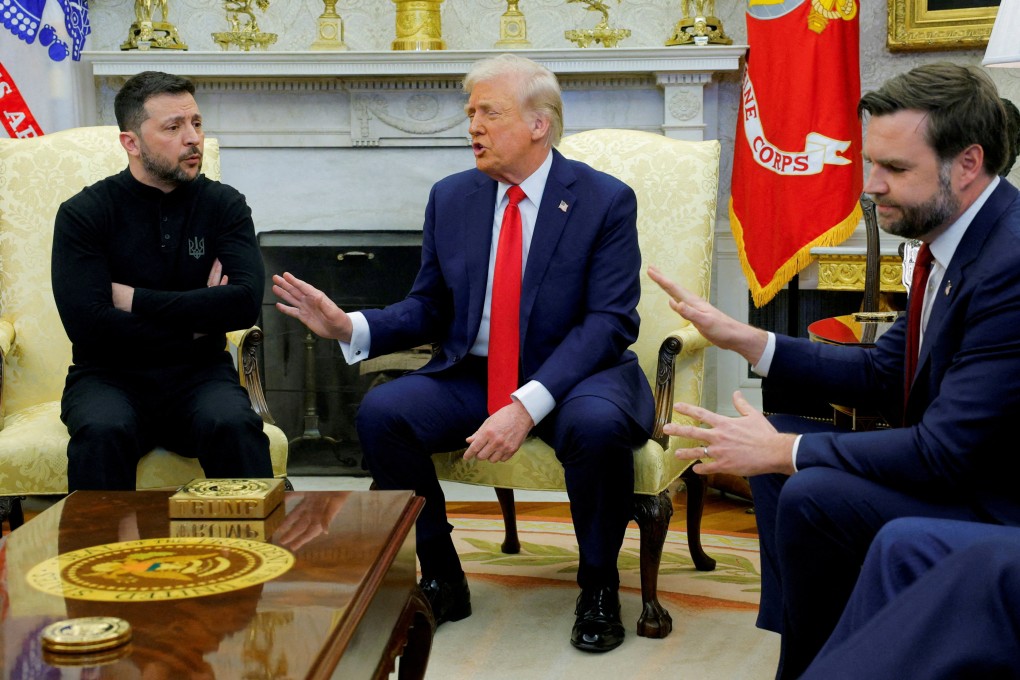Letters | An unpredictable US could inspire Europe and Asia’s democracies to unite
Readers discuss a possible response to the uncertainty sparked by the Trump administration, and US-China relations

For decades, the US balanced its influence between the Atlantic and the Pacific. Today, its primary focus is on countering China in the Indo-Pacific, leaving Europe in a secondary role. This shift is not merely strategic – it signifies that America is transitioning from a global power to a regional power.
We are entering a geopolitical landscape reminiscent of the era of the Three Kingdoms in Chinese history. Today, we are seeing three major blocs emerge: China and its allies (Russia, the Brics nations, and regional partners); a US focused on the Indo-Pacific, but with diminishing global credibility; and a potential third pole, consisting of Europe and Asia’s liberal democracies, struggling to define their role.
The risk for Europe and its Asian partners is becoming fragmented and losing strategic autonomy to the two dominant blocs. To counter this, they must forge a new path together.
As the US disengages from Europe, European nations are increasing their presence in Asia, while Asian allies like South Korea and Japan are deepening security ties with Europe. South Korea is supplying tanks and aircraft to Poland, and Japan has partnered with the United Kingdom and Italy to develop a next-generation fighter jet. This cross-engagement signals a growing alignment of interests.